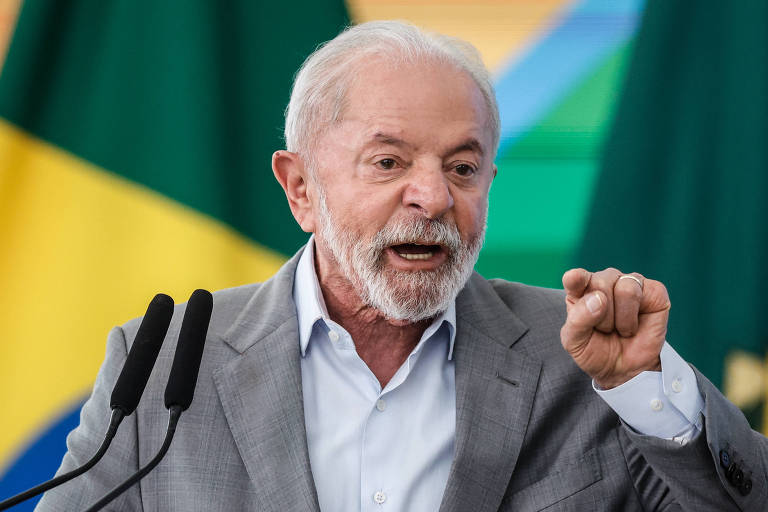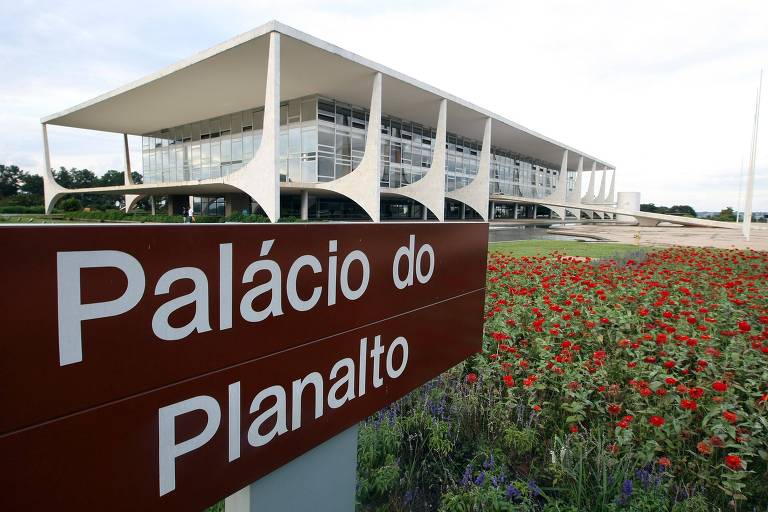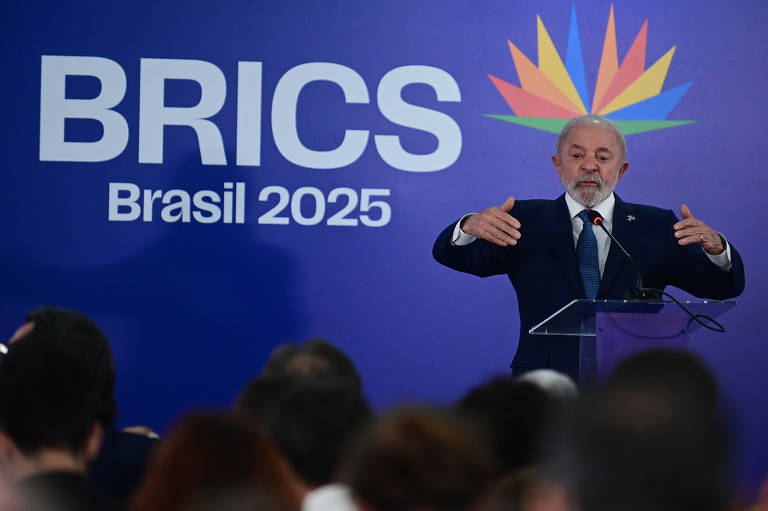Datafolha: Lula gains advantage over Bolsonarism in 1st and 2nd rounds

The most recent Datafolha survey shows a slight recovery in President Lula 's ( PT ) position in the race for reelection next year.
He leads in isolation in all scenarios in which he competes in the first round and, in the second, he has pulled away at the limit of the margin of error from the ineligible Jair Bolsonaro ( PL ) and Governor Tarcísio de Freitas (Republicanos-SP).

The change is discreet, but it occurs at the same time as Lula's clash with Donald Trump, which hasn't improved his government's ratings, according to the same survey. However, it may suggest the effect of the Bolsonaro clan and its allies aligning with the US, which raised import tariffs on Brazil to 50%.
Trump did so by claiming that Bolsonaro, who is on trial accused of attempting a coup to remain in the Planalto Palace after his 2022 defeat to Lula, is a political victim. This has led the opposition to label the former president and those around him as traitors to the country, leaving governors like Tarcísio in an awkward position.
Datafolha tested seven first-round scenarios. Bolsonaro's name is still being considered because, even if he's ineligible, he can register as a candidate— just as Lula did when he was imprisoned in 2018, only to be barred closer to the election.
In all of them, Lula has an advantage over the opposition . He increased his lead over Bolsonaro by five points compared to last month's poll, beating his rival 39% to 33%. The margin of error is plus or minus two points.
To stay in the family, he defeats both of the former president's sons by similar margins: Congressman Eduardo (PL-SP) by 39% to 20% and Senator Flávio (PL-RJ) by 40% to 18%. Bolsonaro's wife, Michelle (PL-DF), loses by 39% to 24%.
In the race against Tarcísio, there is stability compared to the previous round. Lula's lead is 38% to 21%. The governor is the leading opposition candidate in both scenarios without the PT candidate, and his performance is similar: tied 23% to 23% with Minister Fernando Haddad (Workers' Party) and technically tied with Vice President Geraldo Alckmin (PSB-SP), who leads 24% to 22%.
Among the opposition, the candidate performing best besides Tarcísio is Governor Ratinho Jr. , of Paraná's PSD party . He consistently ranks third, fluctuating between 10% and 14% in the most plausible scenarios today.
Datafolha doubled its runoff scenarios. The technical tie in the previous poll simulation of Lula against Bolsonaro or Tarcísio has now been replaced by a gap between the Workers' Party candidate and the PT candidate.
The former president had 45% compared to the Workers' Party candidate's 44%, who now leads at the maximum margin, 47% to 43%. The governor's lead fluctuated from 42% to 41%, while Lula's went from 43% to 45%. His lead remains over Michelle (48% to 40%), Eduardo (49% to 37%), and Flávio (48% to 37%).
In the new simulations, Ratinho Jr. once again stands out , performing similarly to the São Paulo governor, trailing Lula by 45% to 40%. The name factor plays a role and could influence the outcome, given the popularity of the Paraná native's father, the TV host of the same name.
In any case, in a scenario where the right-wing field is wide open and Tarcísio is being pressured by some allies to seek re-election, it is a fact worth noting — and Ratinho Jr. is from the PSD of the big boss Gilberto Kassab , an important name in the São Paulo government.
Furthermore, Lula scores 47% to 35% against Ronaldo Caiado, governor of Goiás for União Brasil, and 46% to 36% when facing Romeu Zema, who governs Minas Gerais for Novo.
Without the current president, Tarcísio defeats Haddad by 43% to 37% in the second round and, in another scenario, technically ties with Alckmin, but with a numerical advantage (40% to 38%).
The fragmentation of the moment is also evident when looking at the table of names spontaneously mentioned by voters. It paints a picture of polarization: Lula has 22%, Bolsonaro 17%, and Tarcísio 1%.
Rejection, an important factor in building candidacies, places Lula (47%) and Bolsonaro (44%) at almost prohibitive levels of disgust among voters today. The former president's family also receives significant rejection, at 36%-38%.
Potential opposition candidates without the Bolsonaro surname benefit from limited exposure outside their state borders: Tarcísio has only a 17% rejection rate, compared to 21% for Ratinho Jr. and 22% for Zema.
In the government camp, Haddad, who lost the national race to Bolsonaro in 2018, has 32%, while Alckmin, with a long career in São Paulo and two federal defeats (2006 and 2018), has 27%.
Datafolha took to the streets on July 29th and 30th, interviewing 2,004 voters in 130 municipalities.
uol







